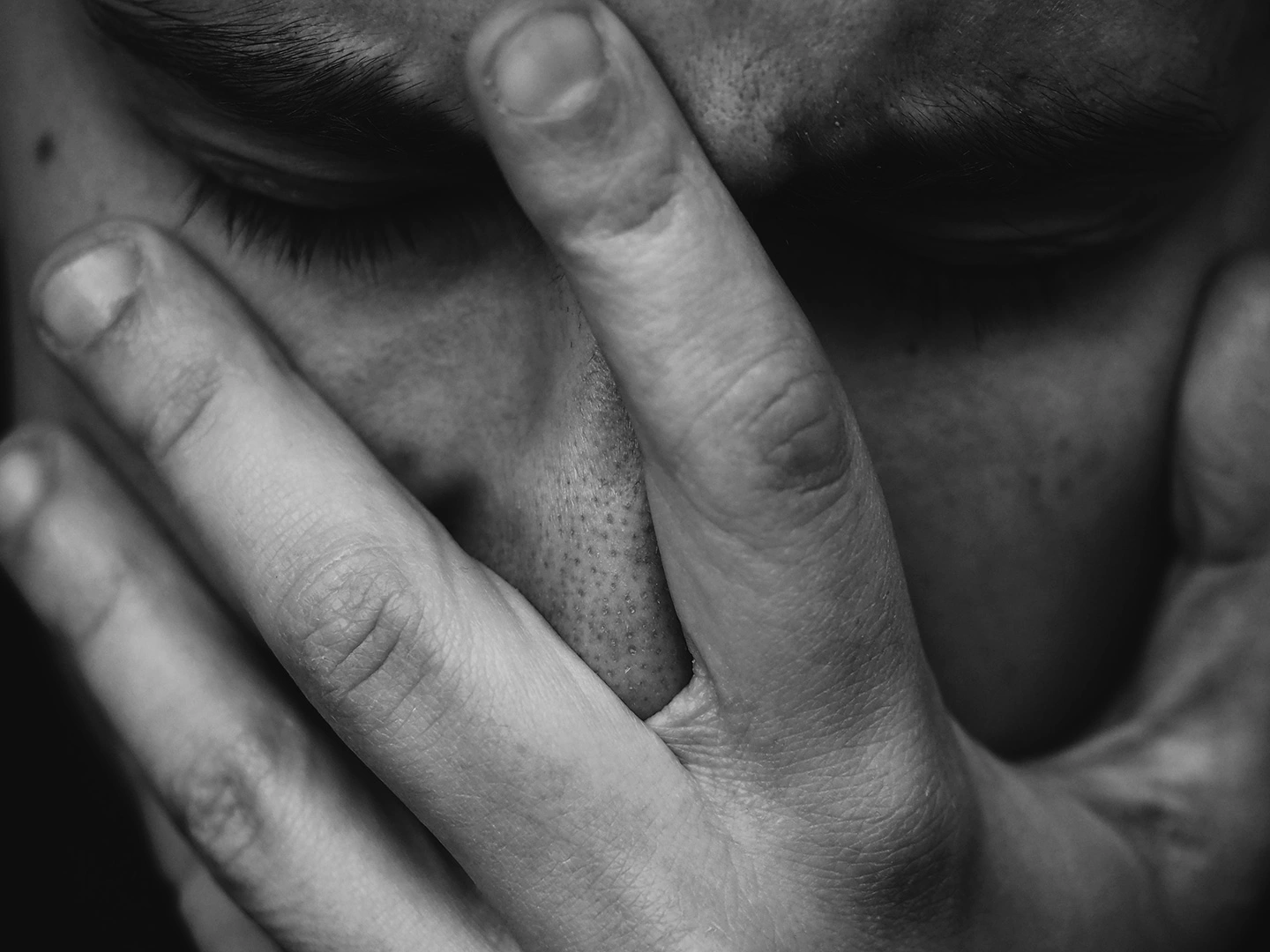How Does a Domestic Violence Protection Order Affect Me?
Everyone has the right to safety and respect within all of their relationships. If you are experiencing abuse or violence at the hands of another person in any relationship, you may wish to apply for a Domestic Violence Protection Order. And if you have been the aggressor in an abusive or violent relationship, you may find a Domestic Violence Protection Order has been taken out against you.
Here’s how a Domestic Violence Protection Order will affect you.
What Does a Domestic Violence Protection Order Mean?
A domestic violence protection order puts in place rules that the ‘respondent’ (the person who has committed domestic violence against you) must obey.
They are implemented in order to allow the ‘aggrieved’ (the person who has had violence against them) to feel safe and protected, by making it illegal for the respondent to behave in specific ways.
Both parties will get notification of the protection order.
What is a Temporary Domestic Violence Protection Order?
A temporary order is requested if protection is required urgently. It is for a shorter period, and is put in place until a magistrate decides the application for a full domestic violence protection order.
If you need help urgently, call the police on 000.
DV Connect, a 24-hour statewide hotline is also beneficial if you wish to speak to someone non-urgently outside of normal working hours.
What Are the Conditions of a Protection Order?
The respondent must not commit domestic violence against the aggrieved or any other person that might be included on the order. This might include children, friends or relatives if at risk of violence.
Orders are made for a minimum of 5 years (unless the magistrate os satisfied a shorter order can be made) and may be extended where necessary.
As someone who has a protection order made against them, you may not have a weapons licence, or hold one for another five years.
Other conditions may include stopping the respondent from:
- Approaching the aggrieved at home or their place of work
- Staying in a home they share or previously shared. This may apply even if the property is owned or rented in the respondent’s name
- Approaching relatives or friends (if named in the order)
- Going to a child's school or day care centre.
How Does This Affect the Respondent in Terms of Their Criminal History?
This is a civil court order so it will not appear as a criminal offence committed by the respondent.
However, failure to obey an order is a criminal offence, and this will appear on the respondent’s criminal history and may impact things like employment and travel plans in the future.
What Should I Do if There is a Breach of the Order?
If you are the aggrieved and this has happened, you should call 000 as soon as soon as you can.
The respondent could face jail time if found guilty of a breach. Up to three years in the first instance, and up to five years if there is a secondary breach within five years.
Need More Help Regarding a Domestic Violence Protection Order?
Domestic Violence Protection orders can be made online by yourself, through the police, or through a lawyer. If you would like to make an application, or have further queries as to how a domestic violence application will affect you either as a respondent or as the aggrieved, Pullos Lawyers are able to assist. Our lawyers are based in Brisbane and on the Gold Coast, and have many years’ experience dealing with all types of family law issues, including divorce, domestic violence, LGBT law, children’s issues and much more. Please contact us or phone us on (07) 5526 3646
